Filter by
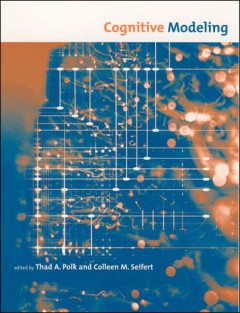
Cognitive Modeling
Computational modeling plays a central role in cognitive science. This book provides a comprehensive introduction to computational models of human cognition. It covers major approaches and architectures, both neural network and symbolic; major theoretical issues; and specific computational models of a variety of cognitive processes, ranging from low-level (e.g., attention and memory) to higher-…
- Edition
- -
- ISBN/ISSN
- 9780262281744
- Collation
- 1 online resource (xxi, 1270 pages) :illustrations.
- Series Title
- -
- Call Number
- -

Climate Change :What It Means for Us, Our Children, and Our Grandchildren
"This revised and updated collection of essays on climate change incorporates the latest scientific research and policy initiatives on the subject. It describes recent major legislative actions, analyzes alternative regulatory tools (including new uses of taxes and markets), offers increased coverage of China and other developing nations, discusses the role of social media in communicating abou…
- Edition
- Second edition.
- ISBN/ISSN
- 9780262322300
- Collation
- 1 online resource (xiii, 343 pages) :illustrations.
- Series Title
- -
- Call Number
- -

Ideas that created the future :classic papers of computer science
"An anthology of classic papers in computer science with introductions by the editor"--OCLC-licensed vendor bibliographic record.
- Edition
- -
- ISBN/ISSN
- 0262363178
- Collation
- 1 online resource.
- Series Title
- -
- Call Number
- -
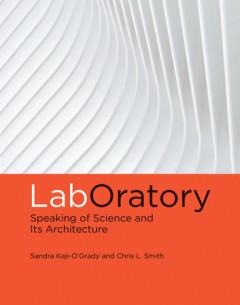
LabOratory :Speaking of Science and Its Architecture
An illustrated examination of laboratory architecture and the work that it does to engage the public, recruit scientists, and attract funding.OCLC-licensed vendor bibliographic record.
- Edition
- -
- ISBN/ISSN
- 026235635X
- Collation
- 1 online resource (361 pages)
- Series Title
- -
- Call Number
- -
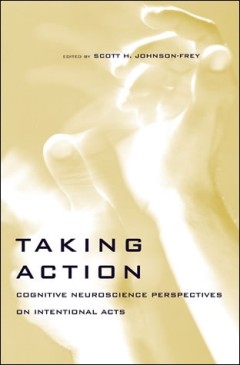
Taking Action: Cognitive Neuroscience Perspectives on Intentional Acts
A Bradford book."Recent cognitive neuroscientific research that crosses traditional conceptual boundaries among perceptual, cognitive, and motor functions in an effort to understand intentional acts. Traditionally, neurologists, neuroscientists, and psychologists have viewed brain functions as grossly divisible into three separable components, each responsible for either perceptual, cognitive, …
- Edition
- -
- ISBN/ISSN
- 9780262276337
- Collation
- 1 online resource (viii, 413 pages, 12 unnumbered pages of plates) :illustrations (some color)
- Series Title
- -
- Call Number
- -
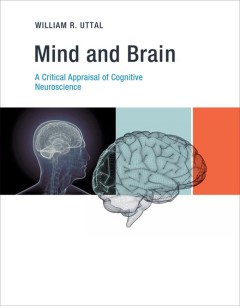
Mind and brain :a critical appraisal of cognitive neuroscience
Here, William Uttal offers a critical review of cognitive neuroscience, examining both its history and modern developments in the field. He pays particular attention to the role of brain imaging in studying the mind-brain relationship.OCLC-licensed vendor bibliographic record.
- Edition
- -
- ISBN/ISSN
- 9780262298902
- Collation
- 1 online resource (xxviii, 497 pages) :illustrations
- Series Title
- -
- Call Number
- -
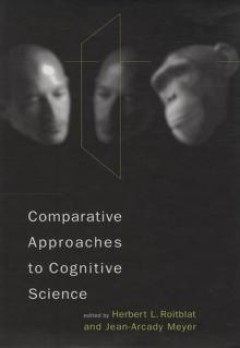
Comparative Approaches to Cognitive Science
"A Bradford book."OCLC-licensed vendor bibliographic record.
- Edition
- -
- ISBN/ISSN
- 9780262282512
- Collation
- 1 online resource (vii, 533 pages) :illustrations.
- Series Title
- -
- Call Number
- -
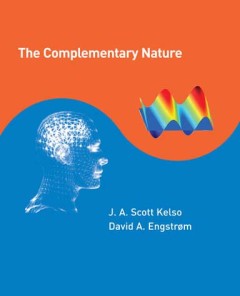
The Complementary Nature
"A Bradford book."Why do we divide our world into contraries? Why do we perceive and interpret so many of life's contraries as mutually exclusive, either/or dichotomies such as individual~collective, self~other, body~mind, nature~nurture, cooperation~competition? Throughout history, many have recognized that truth may well lie in between such polar opposites. In The Complementary Nature, Scott …
- Edition
- -
- ISBN/ISSN
- 9780262316286
- Collation
- 1 online resource (xviii, 317 pages) :illustrations
- Series Title
- -
- Call Number
- -
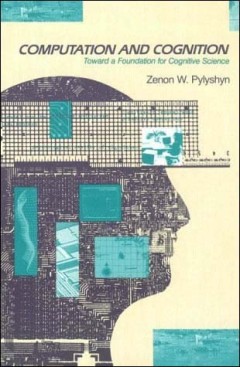
Computation and Cognition: Toward a Foundation for Cognitive Science
The question, "What is Cognitive Science?" is often asked but seldom answered to anyone's satisfaction. Until now, most of the answers have come from the new breed of philosophers of mind. This book, however, is written by a distinguished psychologist and computer scientist who is well-known for his work on the conceptual foundations of cognitive science, and especially for his research on ment…
- Edition
- -
- ISBN/ISSN
- 9780262281997
- Collation
- 1 online resource (xxiii, 292 pages) :illustrations
- Series Title
- -
- Call Number
- -
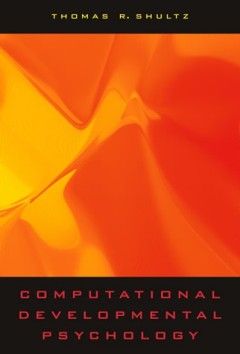
Computational Developmental Psychology
"A Bradford book."An overview of the emerging discipline of computational developmental psychology, emphasizing the use of constructivist neural networks.Despite decades of scientific research, the core issues of child development remain too complex to be explained by traditional verbal theories. These issues include structure and transition, representation and processing, innate and experienti…
- Edition
- -
- ISBN/ISSN
- 9780262303033
- Collation
- 1 online resource (338 pages)
- Series Title
- -
- Call Number
- -
 Computer Science, Information & General Works
Computer Science, Information & General Works  Philosophy & Psychology
Philosophy & Psychology  Religion
Religion  Social Sciences
Social Sciences  Language
Language  Pure Science
Pure Science  Applied Sciences
Applied Sciences  Art & Recreation
Art & Recreation  Literature
Literature  History & Geography
History & Geography